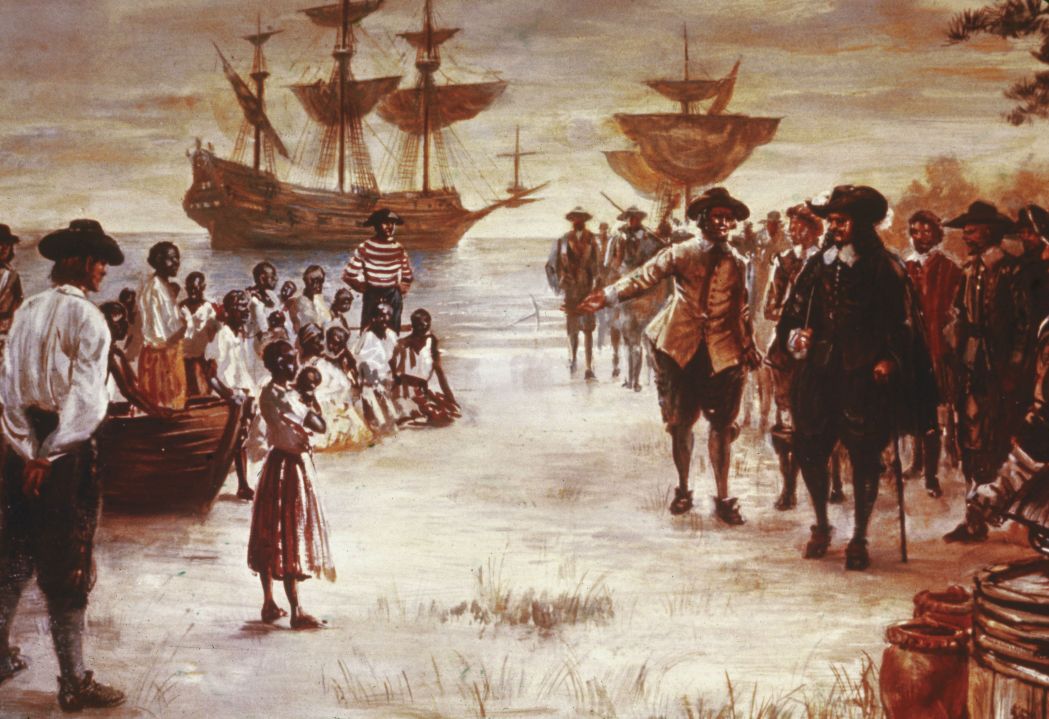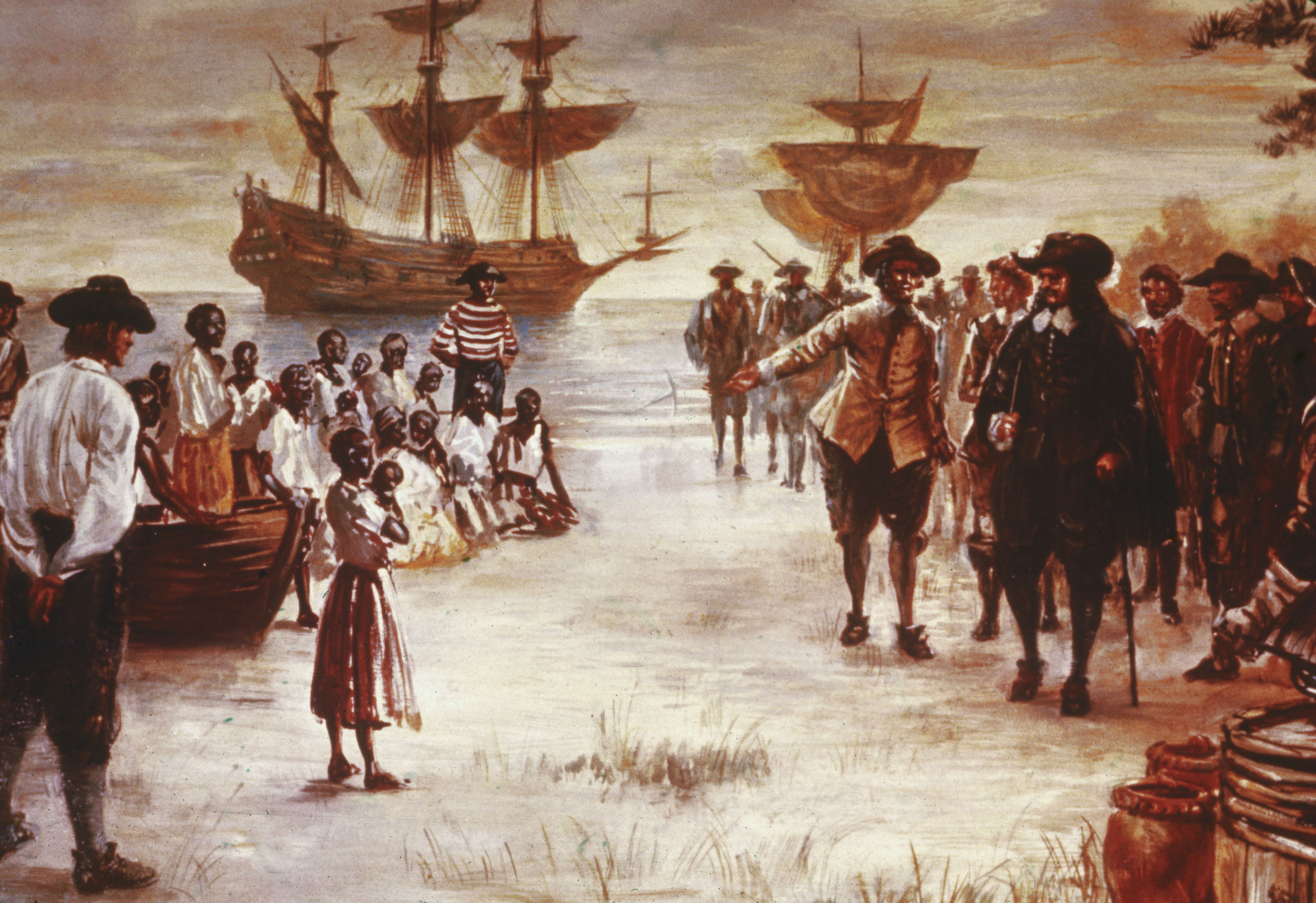October 18 is ‘anti human-trafficking’ day by 2007 Act of European Parliament; along with ‘anti-slavery day’ by 2010 Act of UK Parliament. So there’s that, for the 29.8 million people worldwide estimated to live in forced servitude.
Over at SlaveryFootprint.org, your correspondent learns that I personally make use of 37 slaves in my London routine, mostly through my consumer electronics and my larger-than-average appetite. The survey, laden with factoids about the coerced labour behind shrimp cocktail and mascara, is macro-analysis at its mushiest – and a far more worthwhile use of 15 minutes online than all the ‘carbon-footprint’ calculators put together.
The UK’s draft Modern Slavery Bill, due to be in force by next summer, goes past mere symbolism. Though you won’t often catch our pages promoting new laws, The Spectator’s July 5 leader reported:
‘Human trafficking is becoming more prevalent across the United Kingdom,’ said Gwent Police. That’s one way of putting it. Another is to say it has been prevalent for years, but the authorities are only now beginning to take notice.
The last government was more interested in apologising for the old form of slavery than recognising the new one. Tony Blair’s 2006 apology for the slave trade was all the more bizarre because Britain ended, rather than started, the business. Slavery is a worldwide phenomenon, controversial nowhere until the 18th century. Then a bunch of Christians in Clapham kicked up a fuss (with a similar movement in America) and William Wilberforce took up the cause. Britain outlawed the slave trade and the Royal Navy stamped it out.
That’s in keeping with The Spectator’s longstanding promotion of both individual freedom, and of Christ-like abolitionism. Back in January 1863, when the luvvies of London were worrying about what Abraham Lincoln’s Emancipation Proclamation would mean for cotton prices, our predecessors fumed:
We could not have believed for a moment, a year ago, that the Times and Saturday Review would both in the same week devote their ablest pens to an apology, not merely for Slavery itself, but for the Christian character of that institution. Yet so it is. . . .
The Times follows its bolder contemporary on the same track, modestly suggesting that it would be much more Scriptural and Christian in the abolitionists to preach the ‘amelioration of the negro’ (we suppose the writer means, of his lot), than his emancipation. . . .
For ourselves we do not hesitate to say that no religious scepticism of the present day seems to us so monstrous and so atheistic as this; nay, that if the Gospel were weighted with such a condition, it would be one that neither sign nor miracle could prove. It is, speaking relatively, of infinitely little importance whether we live under an aristocracy or a democracy, compared with whether we live under a God who loves freedom, or a Devil who loves Slavery. But, we confess, nothing seems to us more astounding than the assertion that the Divine revelation is indifferent on the matter. No doubt, the Divine education of the Hebrew people never attempted to ignore the actual historical condition of the nation. It recognized, under the strictest possible limitations, the fact of Slavery, at an era when no other people had learned to impose any limitation on the power of the master at all.
Today’s slaves exist in the brothels of Moscow, London, Hamburg and Tokyo; in the factories of Malaysia and the construction sites of the United Arab Emirates. They are the unpaid Nepalese welders in Bahrain and the indentured children of Pakistan and Haiti. Across Africa, slavery remains a way of life – and not just for child-soldiers and coltan miners.
In northern Mali last year I became friendly with the three teenage domestics in our war-zone hotel, where the courtyard swarmed with European journalists and NGO types. The three girls were slaves, no two ways about it: they were born as the property of our hotelier and – even if they got permission to leave – their labour earned them no money to spend. I wanted to tell the UN about it, but they were already there, ordering fresh linens.
It is harder to ignore all this, in our contemporary digital era, than it ever was – though we still manage. As the July leader put it:
Today there is considerable uproar if some horse meat is found in lasagne, but we tend not to worry about our prawns being supplied through the use of slavery in Thailand.
Now, as in the 18th century, the faithful are among the most outraged by the outrageous. Britain will have its Christians to thank, in large part, for the Modern Slavery Bill being as robust as it is.







Comments